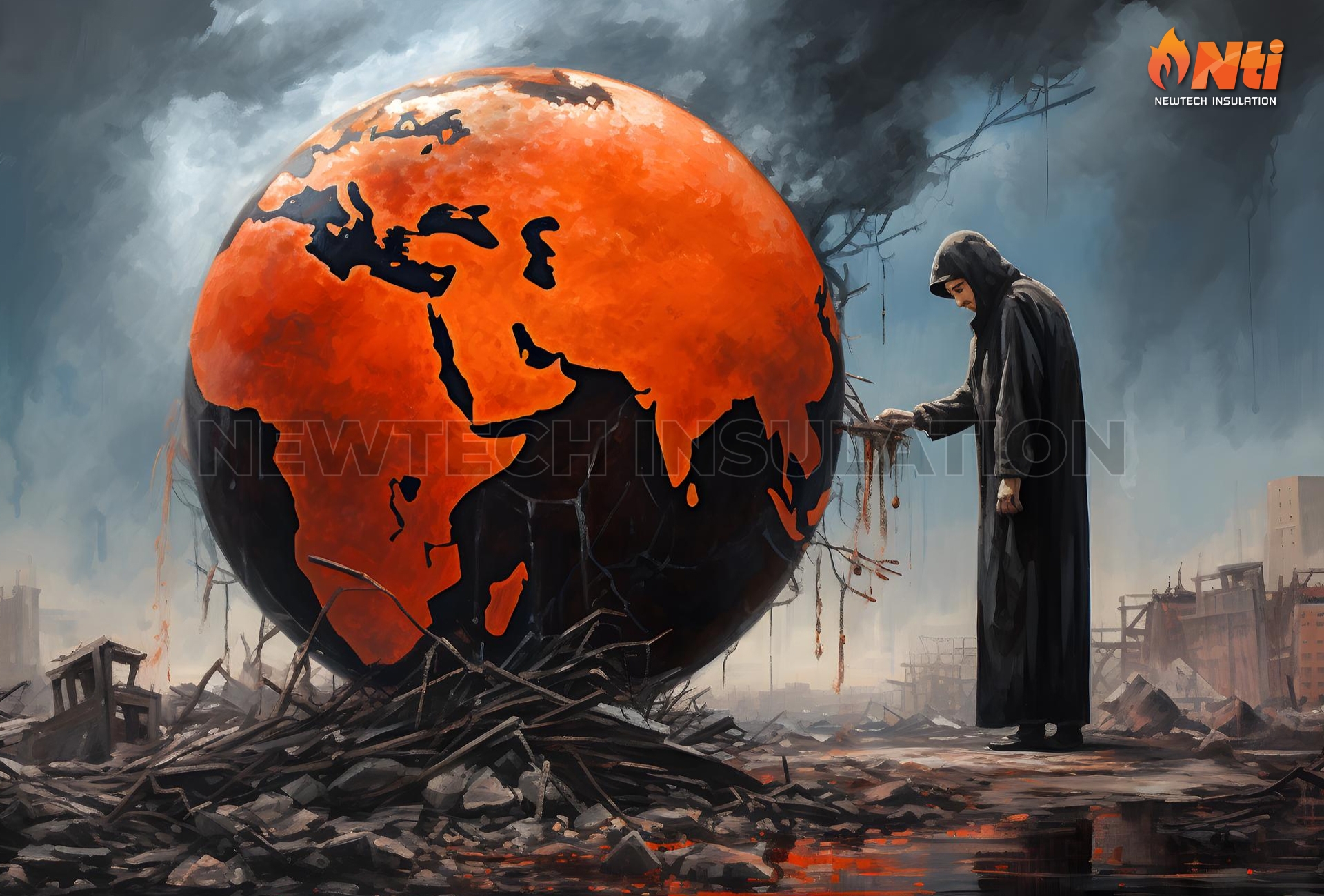



Any unauthorized copying, reproduction, modification, or distribution of any part of this content is strictly prohibited without written permission from Newtech Insulation Company Limited. Any violation will be prosecuted to the fullest extent of the law.
The energy crisis is a critical issue that’s being widely discussed. Oil resources on Earth are diminishing, and burning these fuels produces carbon dioxide (CO2), contributing to global warming.
To address the limited energy problem, we must utilize renewable energy sources. These can be used to generate electricity, helping to reduce costs and mitigate global environmental pollution. Renewable energy can replace traditional energy forms without limitations.
Alternative energy refers to energy sources that can replace fossil fuels. There are two types:
Types of Renewable Energy
Solar Energy
Solar power is the most crucial renewable energy source. It’s clean and doesn’t pollute the environment. It’s primarily used for electricity generation through solar panel installations.
Wind Energy
Wind is a natural, clean, and pure energy source that will never be depleted. Wind turbines can harness wind energy for electricity production and water pumping.
Hydropower
Hydropower involves storing water in dams and releasing it to turn turbines and generators for electricity production. The stored water contains potential energy, which is converted to kinetic energy when released.
Bioenergy
Bioenergy is produced by fermenting organic waste, such as biodegradable garbage or animal manure, in the absence of oxygen. This process generates methane, which can be used as fuel.
Utilizing these alternative energy sources in various forms can help conserve energy and protect the planet. Energy is valuable and essential for our daily lives. As the human population increases while energy resources remain limited, it’s everyone’s responsibility to conserve energy and use it wisely.
If we don’t start conserving energy today, we may face an insurmountable problem when energy resources are depleted. The consequences of running out of energy could be severe:
To prevent these dire scenarios, we must act now. Embracing renewable energy sources, improving energy efficiency, and adopting energy-saving habits are crucial steps towards a sustainable future. Remember, every small action counts in our collective effort to conserve energy and protect our planet.